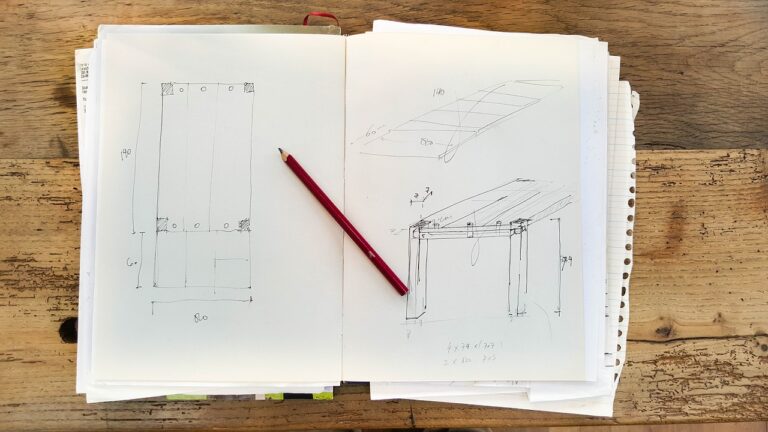The Evolution of Assessment Practices: Past, Present, and Future: Betbhai9 com sign up, Radheexchange, Lotus 365.io
betbhai9 com sign up, radheexchange, lotus 365.io: Assessment practices in education have evolved significantly over the years, shaping how we evaluate and measure student learning. From traditional methods like exams and quizzes to more innovative approaches such as project-based assessments, the assessment landscape has transformed to cater to diverse learning styles and needs. In this article, we will delve into the evolution of assessment practices, exploring their past, present, and future implications.
The Past: Traditional Assessment Methods
In the past, assessment in education was primarily conducted through traditional methods such as exams, quizzes, and standardized tests. These methods focused on measuring students’ ability to recall and regurgitate information, often leading to a one-size-fits-all approach to evaluation. While these assessments provided valuable data on students’ knowledge and understanding, they lacked the depth and nuance required to capture the full scope of learning.
The Present: A Shift towards Authentic Assessment
In recent years, there has been a noticeable shift towards authentic assessment practices that emphasize real-world application and critical thinking skills. Project-based assessments, portfolios, and performance tasks have gained prominence as educators seek to evaluate students’ ability to apply knowledge in practical scenarios. These assessments provide a more holistic view of student learning, enabling educators to assess not just what students know, but how effectively they can apply that knowledge in real-world situations.
The Future: Personalized and Technology-Driven Assessments
Looking ahead, the future of assessment practices is likely to be characterized by personalization and technology-driven approaches. Adaptive assessments, which adjust questions based on students’ responses, will enable educators to tailor assessments to individual learning needs. Technology will also play a key role in facilitating remote assessments and providing instant feedback to students, enhancing the overall assessment experience.
FAQs
1. What are the benefits of personalized assessments?
Personalized assessments allow educators to cater to individual learning needs, ensuring that each student receives targeted support to maximize their learning potential.
2. How can technology improve assessment practices?
Technology can streamline the assessment process, providing instant feedback to students and enabling educators to track progress more efficiently. It also allows for the implementation of adaptive assessments that adjust to students’ learning levels.
3. What are some innovative assessment practices being used today?
Some innovative assessment practices being used today include project-based assessments, portfolios, peer assessments, and performance tasks. These approaches focus on real-world application and critical thinking skills.
In conclusion, the evolution of assessment practices in education has been driven by a desire to create more meaningful and engaging learning experiences for students. By embracing authentic, personalized, and technology-driven assessments, educators can better support student learning and foster a culture of continuous improvement. As we look towards the future, it is essential to continue exploring new approaches to assessment that align with the ever-changing needs of students and educators alike.







